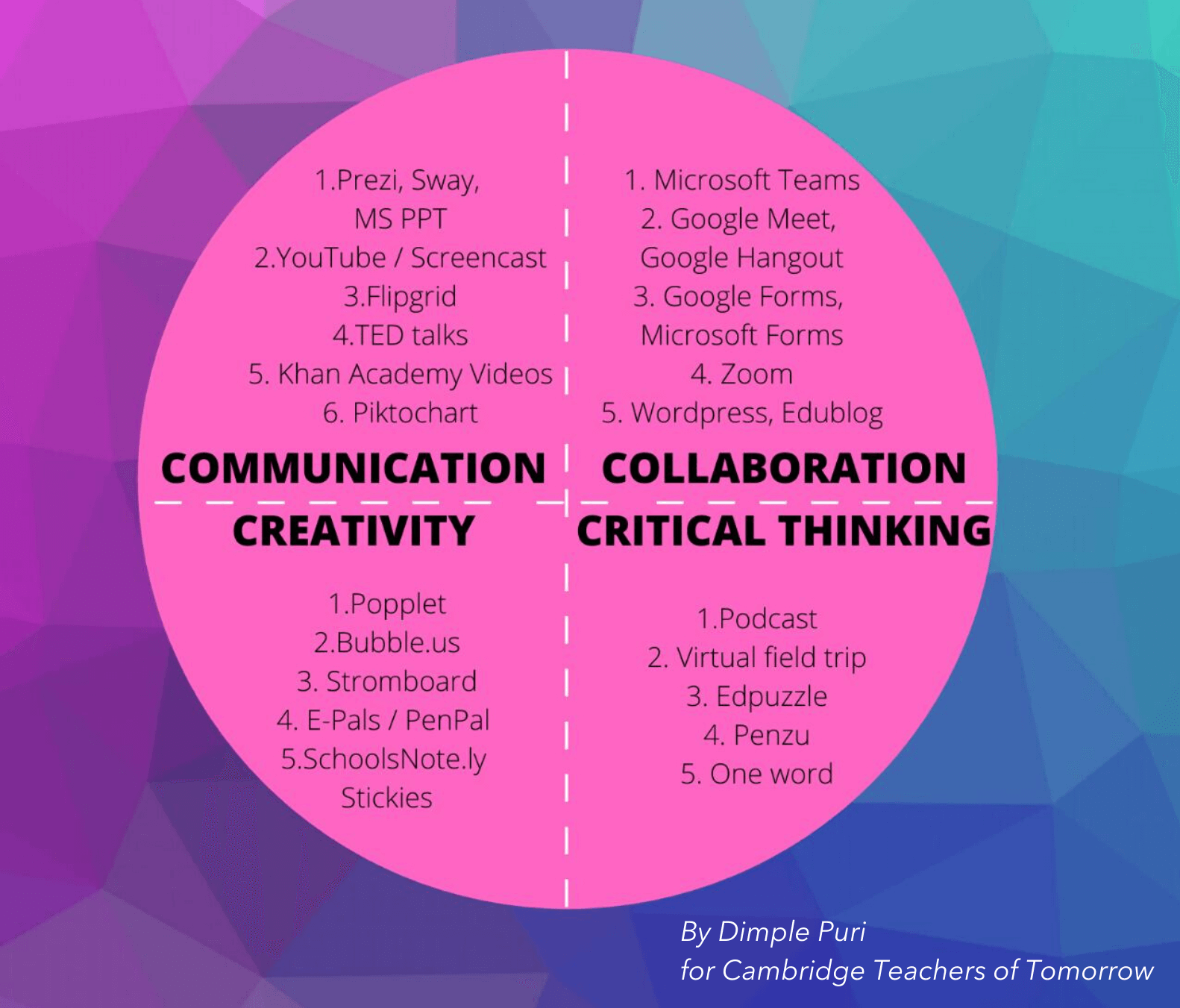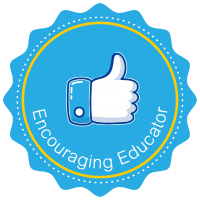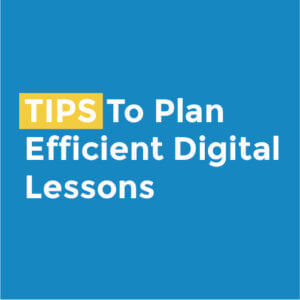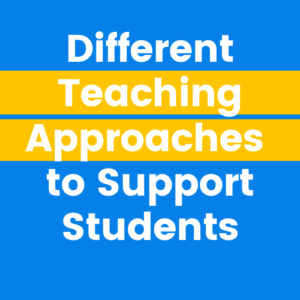Teach Essential Skills Through Digital Tools
As we face an unknown, unseen and unpredictable future that is going to require problem-solving and innovative thinking, it is clear that our current and future learners will need to meet another set of requirements that are viewed as quality indicators and necessary dimensions for future success.
These requirements are outlined as the “Four Cs” of the 21st-century skills. They include communication, collaboration, critical thinking, and problem-solving, as well as, creativity.
In an increasingly competitive global economy, it is not enough for students to acquire subject-level mastery alone. These 21st century skills are necessary for all levels of success.
Brick to Click
Typically, these skills are taught in brick and mortar settings as the teachers and students interact face-to-face. However, the “Four Cs” can be achieved in online environments, as well as, through the use of various forms of technology.
There is a shift in teaching and learning in a virtual environment in which the teachers and students are logged into an online platform and engage in synchronous and asynchronous instruction through numerous digital resources addressing the 21st-century skills.
Teaching 21st Century Skills Online
In the wake of COVID19, the growth rate of online programs has increased exponentially. The given infographic lays the way forward for the education stakeholders to identify and implement “Four Cs” along with the various digital resources in day-to-day learning transactions.

Achieving the Four Cs through Digital Resources
Communication
Effective communication skills are critical for teachers to employ in the delivery of pedagogy, classroom management, and interaction with their class.
Presentation and demonstration platforms allow participants to access the content over and over and “relive” the experiences as many times as desired.
Presentation platforms such as Prezi, Sway, Microsoft PowerPoint, videos support the ability to communicate the course content. Demonstration videos accessed from YouTube, lecture videos from TED talks, or educational videos such as those on Khan Academy or Teacher Tube can be utilized in virtual classrooms as effective pedagogical and assessment tools. Flipgrid elevates text-based discussion forums with teacher and student-constructed videos. Teachers and students can create a grid about a specific topic and encourage peers and even people from around the world to record a short video about the topic. It allows learners of all ages to share their voices and respect the diverse voices of others. Get Kahoot offers features that teachers can use to quiz participants on-the-spot questions pertaining to any topic.
Collaboration
Wherever communication exists, the opportunity to collaborate can occur as well. Platforms of Google like Google Meet, Google hangouts, Google Classroom, Zoom, and Microsoft Teams help to increase real-time collaboration between learners. Blogs, such as WordPress, Edublogs, is also a prevalent platform for group work.
Online collaborative tools provide participants with the opportunities to learn together, increase social presence, promote interactivity, and build a sense of community. Typically, these interactions involve users asking and answering questions in real-time and are commonly supported by media such as videoconferencing and chat.
The teachers can group students on creating a blog collaboratively and can monitor continuous progress with detailed user reports. Also, tools like Padlet, MS Onenote, Play Craft Learn are also making a prevalent mark to analyse. reflect and gather feedback.
Critical Thinking
The implementation of critical thinking and problem-solving skills in any instructional setting, including virtual classrooms, are valuable skills that enhance learners’ abilities to think and face real-world situations, with more independence and ownership.
Podcasts are audio-visual content which revolve around the hosts talking about a range of ideas, anecdotes, and stories for entertainment or research purposes. A Virtual Field Trip (VFT) is a great critical tool because it offers experiential learning to students. Premade VFT experiences such as Discovery Education, Virtual Field Trips, Google Sky, Google Earth to name a few, offer visits to iconic locations for rich and immersive learning experiences. Wakelet is another curation tool which creates a stack of links, newsletters, picture galleries, vacation stories etc. Edpuzzle is another virtual tool that can be employed to create a more customized and personalized virtual experience. Instructors can upload any video, customize it as per the learner’s needs and embed questions, comments, and feedback in it.
Creativity
With the use of instructional technologies, participants can engage with tools that build on their ability to practice creative thinking, work creatively with others, and innovate
Bubbl.us and Popplet offer virtual mind-mapping experiences as participants construct mind-map diagrams that capture facts, thoughts, and images. Canva is another app that specializes in graphic design. Stromboard allows participants to create a personal mind-map or collaborate with others to generate and build mind-maps together. Pen pal platforms like ePals and PenPal Schools can expand participants’ views on topics as they engage in projects related conversations with global partners.
The Dynamism of Digital Resources
The ability to adapt to uncertainty, preparing students for college, career, new job roles, and responsibilities will form the core of modern education. Digital resources can be utilized to provide participants the time needed to remember, comprehend, apply, analyze, examine, and craft theoretical, conceptual, procedural, and meta-cognitive knowledge.
A smart and dynamic curriculum is the best investment educational stakeholders can make to prepare students for tomorrow’s knowledge economy when merged into and threaded through instructional content.
Communication, collaboration, critical thinking, and problem-solving are completely accessible through a virtual environment. Thanks to extensive innovation in the field of technology, it is easier than ever to imbibe these closely intertwined 21st-century skills.
This unprecedented situation has turned the world around for teachers, compelled them to learn new skills, post haste. Teachers with a Growth Mindset will find it easier to sail through these tough times. But what steps can teachers take to graduate from a comfort zone to a GROWTH ZONE? Read my article here.
How are you dealing with the current shift to digital classroom? We have created a dedicated page with updates to help you in planning your digital lessons. Check it out here
At Cambridge, we are working on a framework to help teachers understand 21t century skills or competencies, and how these can be developed. We created the Cambridge Life Competencies Framework, based on a review of research that has been carried out in related areas.
We have also started examining the different stages of the learning journey, and how these competencies vary across each stage. You can read these frameworks here.







